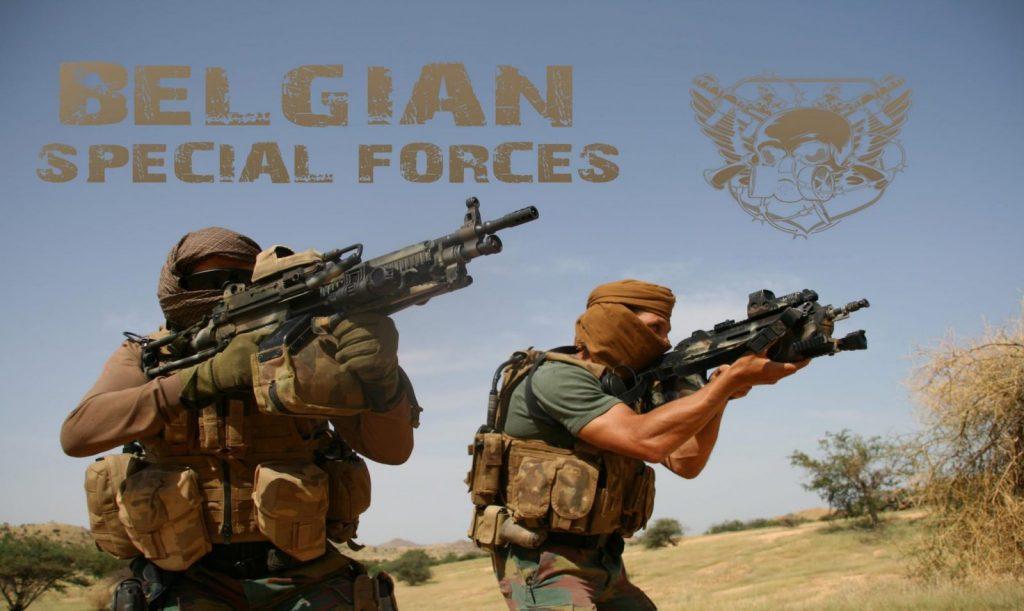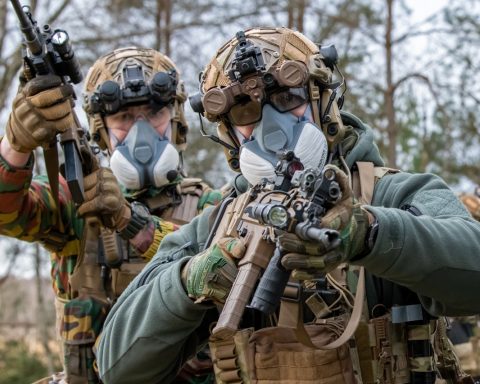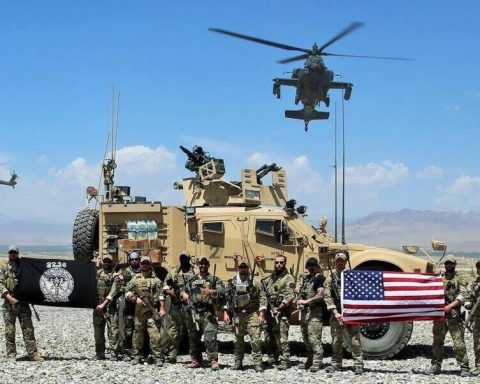The Special Forces Group (SFG) is a premier special operations unit within the Belgian Armed Forces. Historically, it has been associated with paratroopers, but recent changes have led to the SFG being designated as a specialized investigative unit. As a land-based component of the Belgian Armed Forces, the SFG has established a reputation for excellence and is considered a Tier 1 unit among the world’s elite military organizations. To be considered for selection to the SFG, a candidate must possess a minimum of three years of experience in the Belgian military.
History
During World War II, Belgians and other individuals from occupied Europe began organizing military forces on British territory. In January 1942, under Captain Edouard Blondeela, the Belgian Independent Parachute Regiment was formed.
The regiment operated in conjunction with the British SAS, initially conducting missions primarily in Africa but later shifting focus to France, Holland, and Belgium after the Normandy landings. Following the war, members of the unit continued their efforts by focusing on tracking down war criminals.
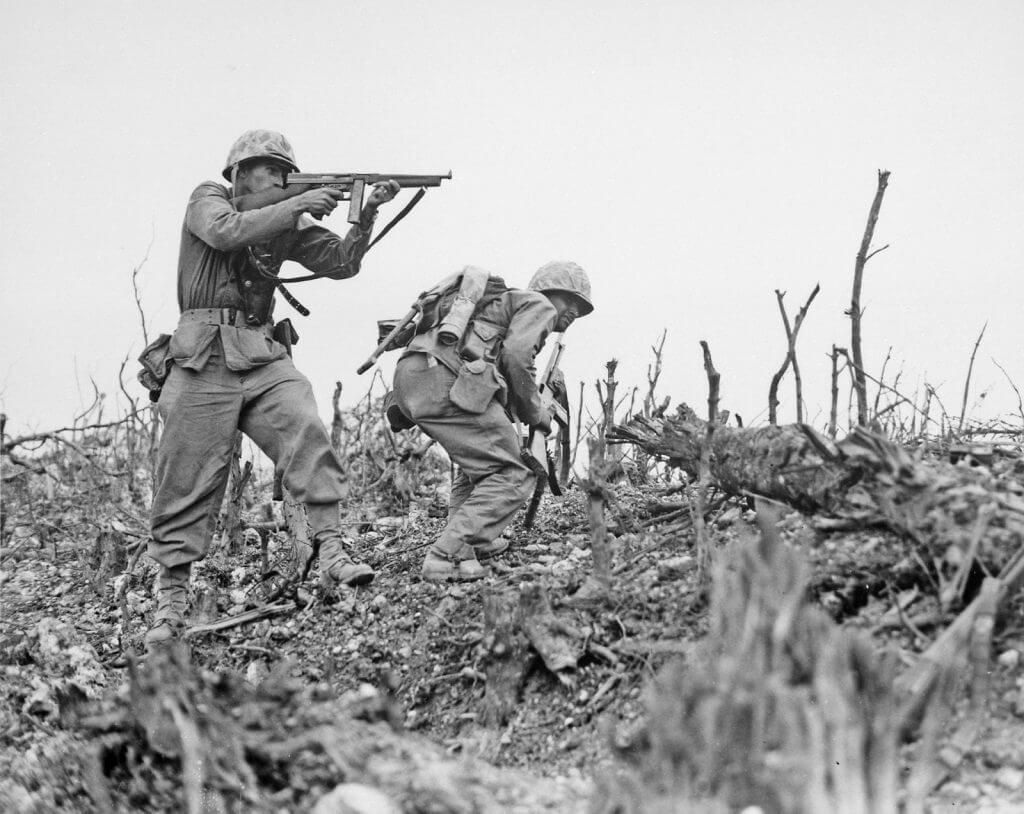
In 1955, Belgium’s special forces were restructured as the Special Forces Reconnaissance Unit (Opsporing eenheid or SOE). Then, in 1961, the Reconnaissance Team Special Unit (Esquadron Reconnaissance Spéciales or ESR) was established.
Mission
The Belgian Special Forces Group (SFG) are a specialized and elite unit within the Belgian Armed Forces, similar to their counterparts in other Western countries. These forces are carefully chosen, trained, and equipped to employ unconventional tactics and methods of operation. The SFG conducts operations across the spectrum of military activities to achieve objectives and may require the use of discreet or covert techniques and the acceptance of political, military, or physical risks that are not typically associated with conventional operations.
The Belgian Special Forces Group (SFG) primary tasks are:
- Special Reconnaissance (SR)
- Direct action (DA)
- Military assistance (MA)
Operations
Even postwar, the Belgian special forces were involved in covert operations. Following the fall of the Iron Curtain and several regional conflicts, SFG members were deployed worldwide. During the 90s, SFG participated in operations in DR Congo (formerly Zaire) in 1993 and Somalia.
The SFG also played a significant role in the Balkans. In 1994, they were tasked with protecting General Briquemonta in Bosnia. They also served in Kosovo during the conflict in 1999 as part of the International peacekeeping mission. In 2003, they returned to Africa to participate in the evacuation of foreigners from Rwanda as part of Operation Silver Pack. A year later, the SFG was deployed in DR Congo and Cote D’Ivoire. In recent years, SFG operators have been deployed to Afghanistan as part of Operation Enduring Freedom.
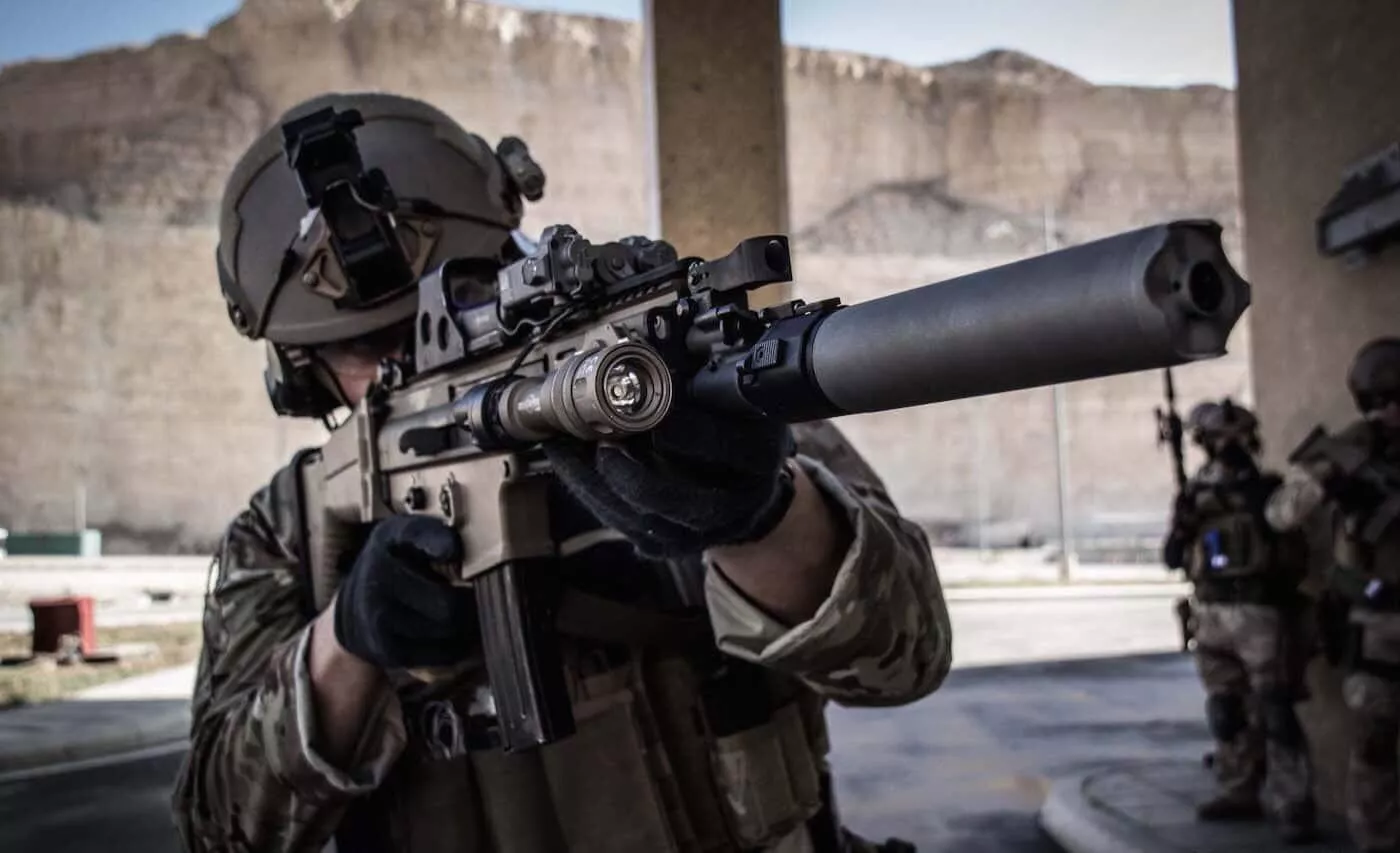
Organization
The SFG operators are under the direct command of the Army and are based in Flawinneu. The unit is divided into two main components.
The first component is responsible for carrying out special operations. It includes a command structure, a liaison unit, a training unit, four units specialized in air operations, two in water operations, and four in land warfare, including operations in extreme conditions such as mountains or polar regions.
The second component is the Special Forces Group Department and Security Service. They handle logistics, weapons, equipment, and the personal affairs of members and ensure that everything is in proper working order.
Equipment
The Belgian Special Forces Group primarily utilizes infantry weapons that are domestically produced. Some operators still use the FN FNC rifle, but the majority of the unit is equipped with the FN Herstal SCAR rifles, a source of national pride. The unit employs short SCAR rifles or the renowned P90 submachine gun for close-quarters battle. When necessary, heavy fire support is provided through FN Minimi machine guns. The Browning Hi-Power is primarily used as a backup weapon.

SFG operators wear standard military uniforms. Their tactical vests and other equipment are typically green, but it is not uncommon for them to use camouflage patterns. In urban combat, operators rely on protective gear such as ballistic helmets, gloves, goggles, and other tactical equipment.
Communication is maintained through standard radio relays and satellite connections. Divers are equipped with the latest technology and have a specialized navigational console. Paratroopers are also well-equipped with special parachutes, helmets, suits, and breathing apparatus.
To transport personnel and materials, the unit employs standard military equipment such as light off-road vehicles, rubber boats, and air transport in the form of helicopters and tactical transport aircraft like the C-130 Hercules.
Selection and Training
Qualification as a Special Forces Group operator consists of four parts:
- selection phase
- basic training
- complementary education
- functional training
Selection
The selection process for the Belgian Special Forces Group includes a week-long evaluation, during which candidates are assessed on their physical fitness, map reading skills, general military knowledge, and shooting proficiency. A psychological evaluation is also conducted. This is followed by a specialized training program that lasts one week and aims to provide candidates with the basic skills necessary to begin the main stage of training. The training program covers various topics, focusing on map reading and shooting techniques. The final step of the selection process is a one-week course on the Identification of Military Material (IM).
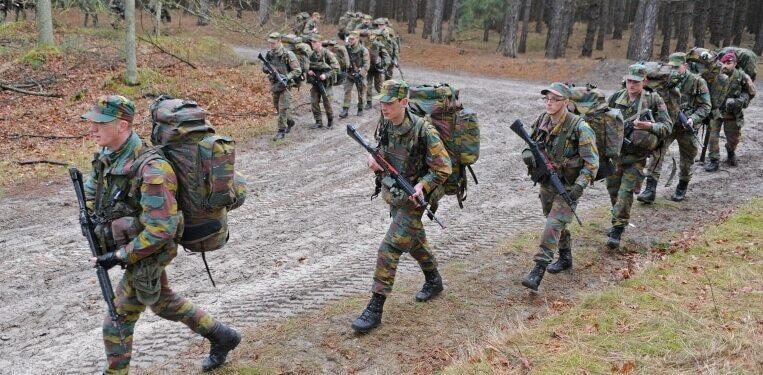
Training
The training for the Belgian Special Forces Group is similar to that of other special units. Every member must spend at least four years in the Belgian Army before being eligible to apply for the unit and be in excellent physical condition. Basic training takes approximately six months and focuses on improving research skills, combat tactics, and physical fitness. Commando training further develops candidates’ skills and determines their area of specialization.
The SFG offers specialized training in parachuting, diving, reconnaissance, artillery observation, mining, mountain operations, and VIP protection.
